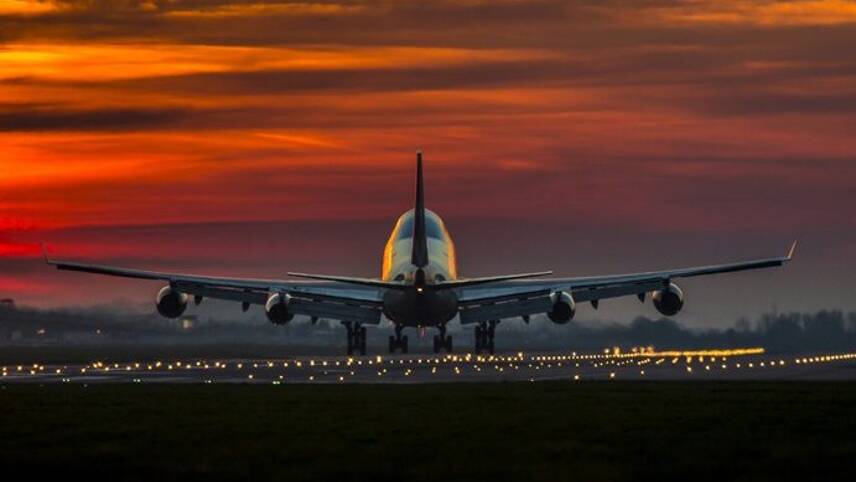Register for free and continue reading
Join our growing army of changemakers and get unlimited access to our premium content

Offset projects started before 2016 are being excluded and
Late last week, the ICAO made the decision to alter eligible emissions units and offsets permitted under the industry-wide Carbon Offsetting and Reduction Scheme for International Aviation (CORSIA), following calls to action from green groups and financial and climate advisors.
Under the alterations, older and smaller carbon offsetting schemes will be excluded from the list of permitted sources from January 1 2021.
Airlines and other businesses will, instead, need to purchase carbon credits through one of six third-party verified schemes: Gold Standard; Verified Carbon Standard; Climate Action Reserve; Clean Development Mechanism; American Carbon Registry or China GHG Voluntary Emission Reduction Program.
The move, ICAO claims, will help to mitigate risks and systemic “gaps” within the carbon offsetting space, including greenwashing, double counting and unintended negative consequences on issues such as biodiversity or community sustainability.
“This decision… will ensure that CORSIA is both practical and robust, and represents an important environmental milestone,” ICAO President Salvatore Sciacchitano said.
The ICAO also warned businesses that the new rules will apply through to the end of 2023 only. At this point, tougher requirements, which will be developed and communicated in 2022, could be brought in.
The offsetting debate takes off
With the commercialisation of fully-electric passenger aircraft and of planes which can operate on a majority-mix of low-carbon jet fuel still slated to be several years off, many firms in the aviation sector have turned heavily to offsetting to comply with net-zero legislation or consumer and investor climate pressure.
Among them are easyJet, Qantas and British Airways.
But other firms, including Ryanair, are prioritising fleet modernisation and incremental efficiency improvements over concerns around whether offsetting is robust – and worries about carbon credit costs increasing in the coming years.
Staunch green groups, meanwhile, say the answer is offering fewer flights, or at least capping growth. The Committee on Climate Change’s (CCC) advice to the UK Government on meeting net-zero by 2050 included calls to cap airport expansion and limit growth in demand for flights. But Ministers, before the recent cabinet reshuffle, threw these recommendations out.
Sarah George


Please login or Register to leave a comment.